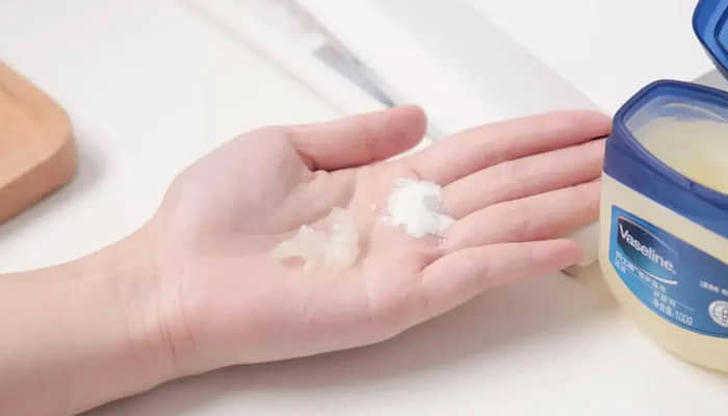5 Effective Ways to Stop Nosebleeds
Advertisement
Bleeding from the nose is scary. It's not uncommon for people to become nervous and panic when they have a nosebleed. Fortunately, nosebleeds are usually nothing to worry about, and in most cases, you can stop a nosebleed with a few simple steps. So, you can take a deep breath and say to yourself, "It's just a little blood. No big deal!"

1. Sit up straight

Your posture plays an important role in stopping blood from flowing out of your nose. The first thing to do is to sit up straight and calmly. Avoid leaning back to prevent blood from running down the back of your throat. Breathe through your mouth and tilt your head forward. Mild nosebleeds can be easily managed with this simple trick. Remember to stay calm.
2. Apply pressure

Hold the sides of your nose with your thumbs and fingers and squeeze the soft part of your nose firmly for 10 minutes. This will reduce blood flow to the affected area and reduce bleeding. Avoid putting too much pressure, as this may cause discomfort. After 10 minutes, slowly loosen the nostrils and check to see if the bleeding has stopped. Do not touch or blow your nose. If the bleeding continues unabated, try applying pressure for another 10 minutes. This trick has been shown to be effective as it helps to constrict local blood vessels.
3. Drink plenty of water

A dehydrated body can also cause nosebleeds. It is very important to stay well hydrated, especially during dry seasons or dry places. Dry winter air often dries out your nose, leading to nosebleeds. Therefore, drink at least eight glasses of water a day to keep mucous membranes moist to prevent nosebleeds.
4. Apply Vaseline

Dryness can irritate the sensitive parts of the nose, which can further aggravate nosebleeds. Applying Vaseline can help prevent nosebleeds by combating dry nostrils. You can apply Vaseline on the inside of your nostrils to keep the nasal membrane moist. This remedy is especially useful for nosebleeds at high altitudes or from sinusitis or colds.
5. Vitamin C and Vitamin K

Vitamin C is involved in the formation of collagen, which helps create a moist lining in the nose. This vitamin keeps blood vessels in good shape, preventing them from breaking easily. Therefore, for long-term prevention, it is a good idea to eat foods rich in vitamin C, such as oranges, lemons, currants, etc. Likewise, dark green leafy vegetables are rich in vitamin K, which aids in blood clotting and can be used to prevent nosebleeds.



